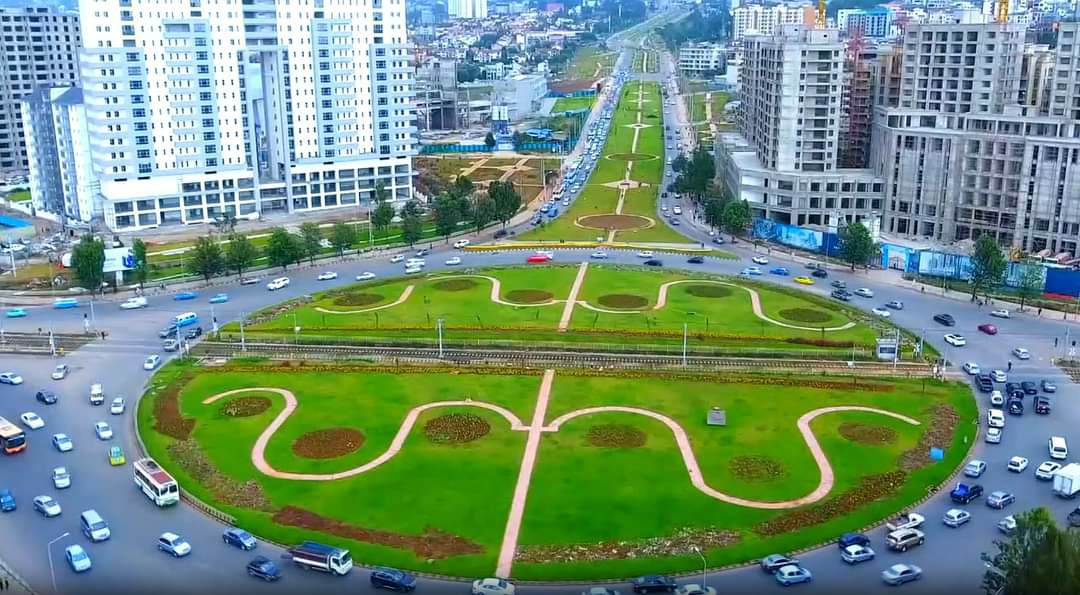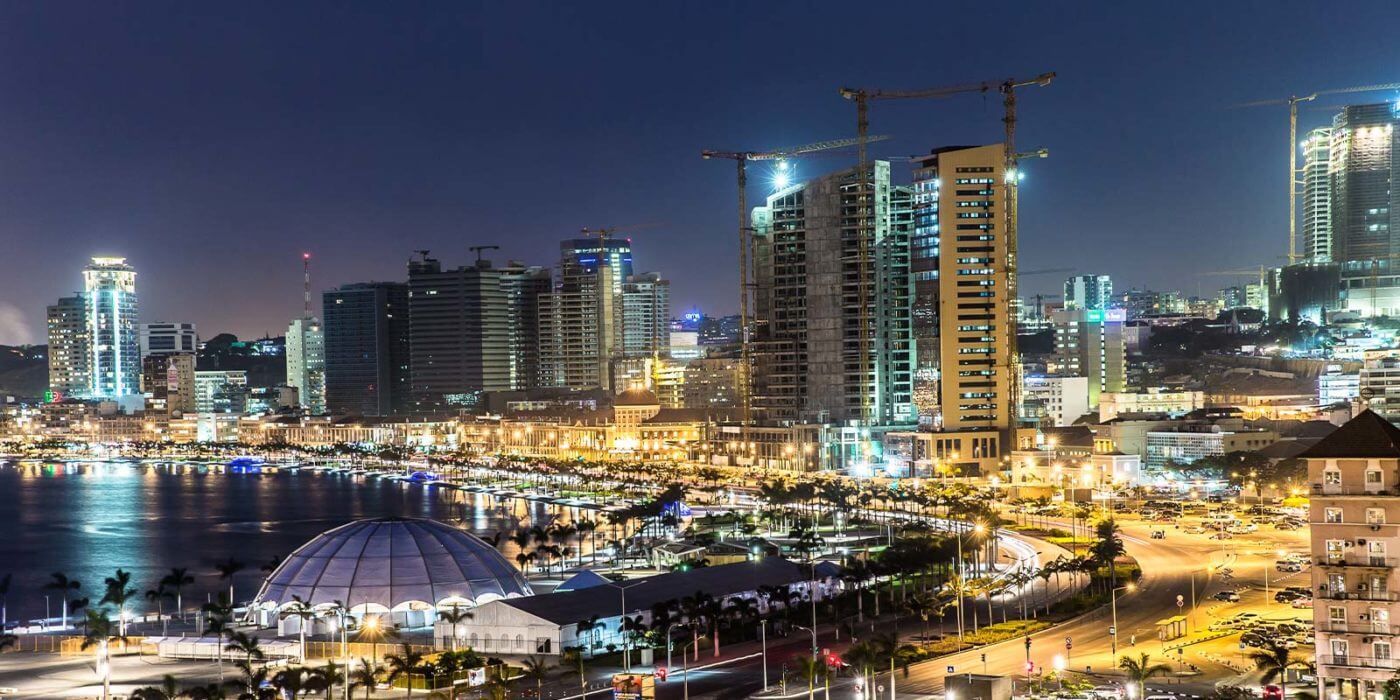
Attaining the Right of Abode
To demonstrate to African governments the benefits of granting the Right of Abode to descendants of enslaved Africans.
Granting the right of abode to descendants of enslaved Africans acknowledges centuries of historical injustices and addresses the enduring legacy of the transatlantic slave trade and other forms of displacement. This initiative promotes social justice by restoring a sense of belonging and dignity to those whose ancestors were forcibly removed from the continent. It also fosters reconciliation between African nations and the global African diaspora, strengthening cultural, economic, and social ties across the continent. By embracing this policy, Africa as a whole signals its commitment to healing historical wounds, advancing human rights, and building a future rooted in unity and shared heritage.
Key Benefits for the African Continent
The following points are designed to guide dialogue with governments, regional bodies, and civil society. They highlight how a carefully structured Right of Abode policy for descendants of enslaved Africans can strengthen the global African family, foster unity, and unlock transformative opportunities for social, cultural, and economic development across the continent.
Support a formal Right of Abode framework
If you agree that African states should create a clear, affordable Right of Abode pathway for descendants of enslaved Africans, add your voice to the ongoing campaign. The petition below is one practical way to demonstrate public support to governments and regional bodies.
Sign the Right of Abode petition
Social Justice and Reconciliation
Granting the Right of Abode to descendants of enslaved Africans is a profound act of restorative justice. It acknowledges the historical injustices of the transatlantic slave trade and seeks to address its enduring legacy. This initiative promotes social justice by restoring a sense of belonging and dignity to those whose ancestors were forcibly removed from the continent. It also fosters reconciliation between the African diaspora and the broader African community, strengthening cultural, social, and economic ties. By embracing this policy, Africa demonstrates its commitment to healing historical wounds and building a future rooted in unity, equity, and shared heritage.
Strengthening Cultural Ties
Granting the right of abode is a profound act of restorative justice. It acknowledges the deep historical injustices endured by millions of Africans and seeks to address the enduring legacy of the transatlantic slave trade. This measure promotes social justice and fosters meaningful reconciliation between the descendants of enslaved Africans and the broader African continent, reaffirming shared heritage and strengthening bonds across nations.

Diaspora Engagement and Economic Impact
Granting the Right of Abode to descendants of trafficked Africans is more than a symbolic gesture. It is a catalyst for deeper diaspora engagement. By creating a tangible link to ancestral homelands, this policy fosters emotional and cultural reconnection, which often translates into practical commitments. Individuals who feel a sense of belonging are more likely to invest in real estate, establish businesses, and support local enterprises. Beyond commercial investment, this connection can drive philanthropic initiatives, knowledge transfer, and skills development, directly contributing to economic growth and social progress across African nations. Strengthening these ties positions Africa as a global hub for heritage tourism, innovation, and inclusive development, while empowering the diaspora to play an active role in shaping the continent’s future.
Skilled Labor and Knowledge Transfer
Many descendants of trafficked Africans have excelled in diverse sectors ranging from technology and healthcare to finance, education, and the creative industries in their countries of residence. Granting them the Right of Abode in African nations creates a powerful opportunity for cross-border knowledge exchange and capacity building. Their expertise can strengthen Africa’s human capital by introducing advanced skills, innovative practices, and global perspectives into local economies. This transfer of knowledge not only enhances competitiveness but also accelerates development in critical areas such as infrastructure, digital transformation, and entrepreneurship. By welcoming these highly skilled individuals, Africa positions itself as a dynamic hub for innovation and inclusive growth, leveraging the diaspora’s success to drive sustainable progress across the continent.

Economic Growth and Development
Attracting skilled and entrepreneurial individuals from the African diaspora can serve as a powerful engine for economic transformation across the continent. Granting the Right of Abode creates an enabling environment for new business ventures, fostering innovation and competitiveness in key sectors such as agriculture, hospitality, technology, and the creative industries. These investments generate employment opportunities, stimulate local supply chains, and enhance productivity. Beyond direct economic contributions, diaspora entrepreneurs often bring global networks, advanced practices, and access to international markets, positioning African countries as attractive destinations for trade and investment. By leveraging this human and financial capital, Africa can accelerate inclusive growth, diversify its economies, and strengthen resilience against global economic shocks.
Tourism and Cultural Exchange
Establishing a clear Right of Abode pathway for descendants of trafficked Africans can significantly boost tourism and cultural engagement across the continent. Many members of the diaspora seek to reconnect with their ancestral roots, explore heritage sites, and immerse themselves in local traditions. This growing interest translates into increased visitor numbers, heritage tourism, and cultural festivals, which stimulate local economies and create employment opportunities. Beyond economic benefits, these exchanges enrich Africa’s cultural narrative, showcasing its historical resilience and contemporary vibrancy. By positioning itself as a welcoming destination for heritage tourism, Africa strengthens its global identity, fosters mutual understanding, and builds bridges between communities separated by centuries of displacement.

Diplomatic and International Relations
Granting the Right of Abode to descendants of trafficked Africans is not only a moral imperative but also a strategic diplomatic move. It demonstrates Africa’s openness, inclusivity, and commitment to historical justice, sending a powerful message to the global community. Such a policy can strengthen Africa’s image on the international stage, positioning the continent as a leader in reconciliation and human rights. Moreover, it creates opportunities to deepen bilateral and multilateral relations with countries across the Americas, Europe, and the Caribbean, regions that share historical ties to the African diaspora. By fostering these connections, African nations can unlock new avenues for trade, cultural exchange, and international cooperation, reinforcing Africa’s role as a key player in global diplomacy and development.
Fostering Regional Integration
A coordinated African Union approach to granting the Right of Abode can serve as a powerful driver of regional integration. By harmonizing migration policies across member states, this initiative introduces new perspectives on mobility, citizenship, and shared identity. It encourages cooperation on investment frameworks, cultural exchange programs, and inclusive development strategies, creating a more interconnected and resilient continent. Such collaboration strengthens the African Union’s vision of free movement and economic unity, while positioning Africa as a global leader in progressive migration policy and diaspora engagement.

Human Rights Promotion
Acknowledging the historical trauma of the transatlantic slave trade and granting descendants the Right of Abode represents a tangible commitment to human rights and restorative justice. This policy affirms the inherent dignity of individuals whose ancestors endured forced displacement and systemic oppression. By creating pathways for belonging and inclusion, African nations demonstrate leadership in advancing global human rights standards and addressing historical wrongs. Such measures not only honor the memory of those affected but also set a precedent for inclusive migration policies rooted in equity and compassion.
Showcasing Leadership
By taking this progressive step, African nations can position themselves as global leaders in acknowledging and addressing historical injustices. Implementing the Right of Abode for descendants of trafficked Africans demonstrates a principled and practical approach to reconciliation, setting a powerful example for other regions grappling with similar legacies. This initiative reflects visionary leadership, one that prioritizes inclusivity, human rights, and sustainable development, while reinforcing Africa’s role as a thought leader in shaping equitable migration policies and fostering global solidarity.
